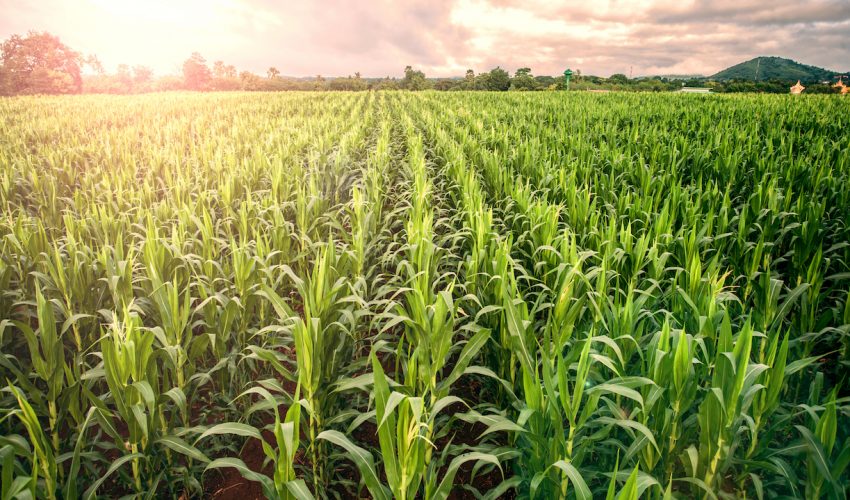
This research is focused to identify shoot branching genes using physiological, molecular, and genetic methods and modulate the activity of the genes to develop new high-yielding agronomic and horticultural crops with fewer and more productive branches that will not require pruning. New crop types with fewer and more productive branches will need less water and chemical fertilizers, therefore, they will be more drought-tolerant, efficient in resource use, and environmentally friendly. Eliminating the need for pruning of horticultural crops will reduce the cost of production and increase farm profit. In particular, small-scale disadvantaged farmers that grow diverse vegetable and fruit crops have higher labor needs and will benefit from growing crops that do not require pruning. The wide natural variation in shoot branching among varieties of sorghum, maize, and wheat is ideal for characterizing shoot branching regulation by intrinsic and environmental factors and identifying shoot branching genes. We use diverse sorghum, maize, and wheat plants as models for the shoot branching research.
